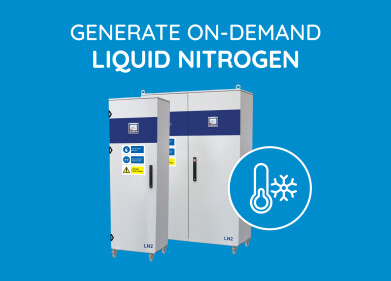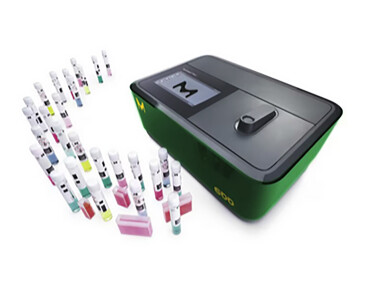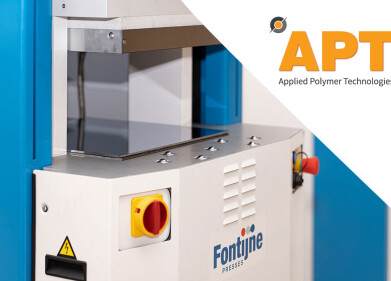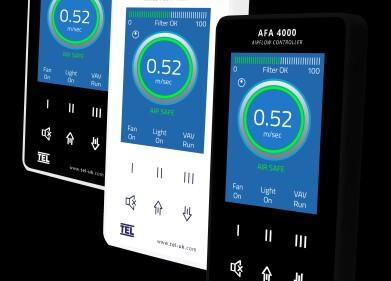Laboratory products
Mecmesin announces new friction, peel and tear tester
Mar 04 2015
Leading testing instruments manufacturer Mecmesin has introduced its latest model, the FPT-H1 horizontal friction peel and tear tester. Designed for ease of use and supplied pre-programmed for all the main industry standard friction-testing methods for plastic films, paper and board. With fixtures also for peel and tear testing, it is ideally suited to the packaging industry, and for manufacturers, converters and users of sheet materials.
In the dynamic environment of sheet and web-fed machinery, quick and accurate measurement of the coefficients of friction is vital. Machine speeds can only be only optimised for productivity if tearing, jamming and misfeeds are prevented, so the FPT-H1 is designed for reliable and rapid testing. With an integral touch screen to access test routines, and guidance through each run, testing requires minimal training with maximum repeatability.
For quality testing of seals, closures and perforations, and the tear strength of sheet materials, the FPT-H1 presents convenience and high throughput. Affordable for the smaller user, it is also robust and reliable for the more demanding environment. With Mecmesin’s powerful Emperor™ software for control, data acquisition and analysis, the FPT-H1 is also ideally suited to detailed laboratory testing and extension into other tensile testing.
When fitting plastic film samples it is vital not to compromise the surface being tested, so to minimise handling, the FPT-H1 employs quick-attachment grips, and coefficient of friction (COF) sample sleds with magnetic grips. The plane bed itself is easy-clean stainless steel.
Sample sleds are available to comply with the weights and dimensions requirements of all the main test COF standards, with linkages as defined for static and dynamic coefficients of friction and avoidance of stick-slip behaviour.
ISO 15359 is the paper and board coefficient of friction standard that sets the testing bar highest. By requiring a mechanised set-down and lifting mechanism and guide rails, it seeks to eliminate operator variance, and sled rotation and drift caused by surface variability (inks, embossing and textures). The FPT-H1 has these facilities as an optional built-in feature, with operation fully integrated into the supplied ISO 15359 test program.
The FPT-H1 can be employed equally for tear and peel testing in packaging situations, including fixturing for 90 and 180 degree and T-peel standard methods, and trouser tear or perforation line testing.
In launching the FPT-H1, Mecmesin Managing Director John Page stated: “Mecmesin understands industry’s need for dedicated yet versatile testers. With the FPT-H1 we have put ease of use and clean design at the forefront. This is a market-leading machine suitable for continuous daily use, but also for finer and more detailed laboratory friction testing.”
Notes on coefficient of friction
Coefficient of friction can only be measured, not calculated, and is the ratio of the force required to drag two surfaces apart, and the force pressing them together. Industry standards provide methods for repeatable testing of the two coefficients of friction:
- Static friction - the force required to initiate movement between two surfaces;
- Kinetic (dynamic) friction - the force required to keep the movement going.
The most frequently used standards for plastic film and sheeting are ISO 8295 and ASTM D1894, and for paper and board TAPPI T 549 and ISO 15359.
Click here to visit the website.
Digital Edition
Lab Asia 31.6 Dec 2024
December 2024
Chromatography Articles - Sustainable chromatography: Embracing software for greener methods Mass Spectrometry & Spectroscopy Articles - Solving industry challenges for phosphorus containi...
View all digital editions
Events
Jan 22 2025 Tokyo, Japan
Jan 22 2025 Birmingham, UK
Jan 25 2025 San Diego, CA, USA
Jan 27 2025 Dubai, UAE
Jan 29 2025 Tokyo, Japan





















